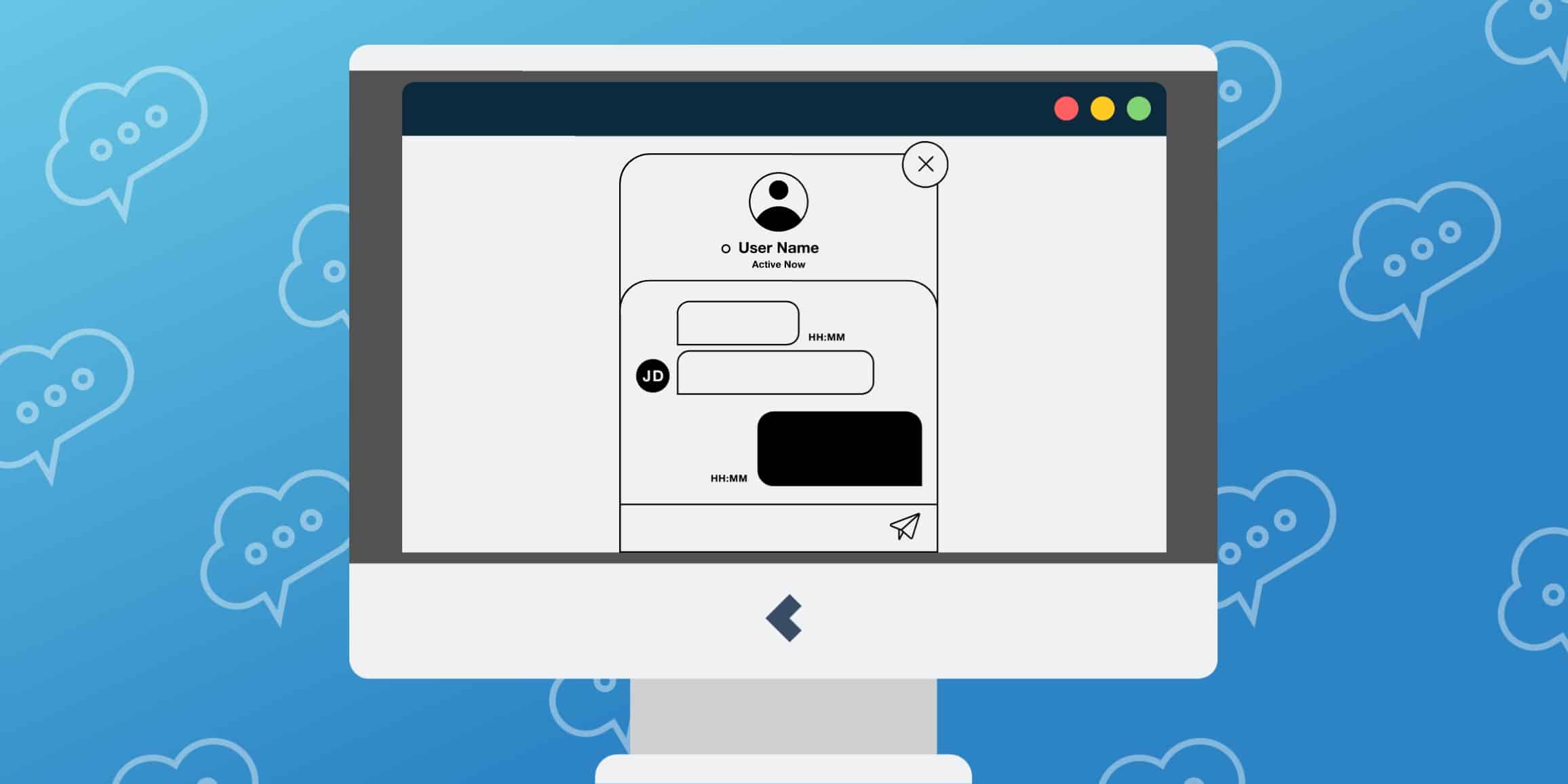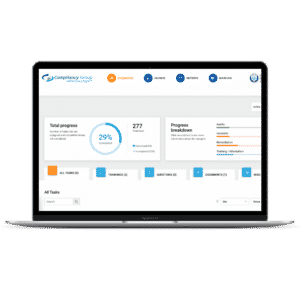Are you looking for a chatbot to help with patient communications? Using a chatbot can be an effective way to answer patient questions without having to use precious human resources. With staffing issues in healthcare, devoting an employee to run your chats can be a drain on your business. When choosing which tool is right for your business, you must ensure that the tool is HIPAA compliant. But what constitutes a HIPAA compliant chatbot?
What to Look for From a HIPAA Compliant Chatbot
A Chatbot is a software tool that can be added to your website to help with patient communications. HIPAA requires any software with the potential to access patient protected health information (PHI) to be HIPAA compliant. The platform is considered a business associate when software comes into contact with PHI.
What Makes a Software Tool HIPAA Compliant?
When it comes to software, there are certain indications of the tool’s HIPAA compliance. Software HIPAA compliance really boils down to two things. Does the tool have safeguards to keep patient data private and secure? Does the software provider sign business associate agreements?
When the answer to both of these questions is “yes,” the tool is likely HIPAA compliant. If the answer to either is “no,” the tool is not HIPAA compliant.
What Are HIPAA Safeguards?
HIPAA safeguards are measures that a healthcare organization puts into place to protect the confidentiality, integrity, and availability of protected health information (PHI). HIPAA categorizes safeguards into three groups – administrative, physical, and technical.
Administrative safeguards are written policies and procedures that dictate the proper uses and disclosures of PHI.
Physical safeguards are measures that protect an organization’s physical location, such as locks and alarm systems.
Technical safeguards are measures that protect electronic PHI (ePHI).
While administrative and physical safeguards are important, technical safeguards are generally the determining factor of a software provider’s HIPAA compliance. Technical safeguards that you should keep an eye out for include encryption, user authentication, access controls, and audit controls.
Why is a Business Associate Agreement Important?
Business associate agreements are a key determinant of HIPAA compliance. Even the most secure software platform is NOT HIPAA compliant if they will not sign a business associate agreement (BAA).
Why?
A BAA is a legal agreement that requires each signing party to be HIPAA compliant, and be responsible for maintaining compliance. As such, a BAA limits the liability for both singing parties in the event of a breach or OCR audit, as only the negligent party would be held culpable.
Is Your Site’s Chatbot HIPAA Compliant?
Have you chosen a HIPAA compliant chatbot?
If the chatbot you use offers adequate safeguards to secure electronic PHI, and if they sign business associate agreements – the tool is likely HIPAA compliant. However, a software tool’s compliance largely depends on how the end user utilizes it.
To use the chatbot in compliance with HIPAA standards:
- The tool must be appropriately configured (encryption, user authentication, access controls, and audit controls must be switched on – if they are not on by default)
- Employees designated to answer chats that the bot cannot answer are the only ones who should have access to the chat platform
- Employees with access to the chatbot must be trained on how to use the software properly
- You must secure a signed business associate agreement with the chatbot service provider before use










